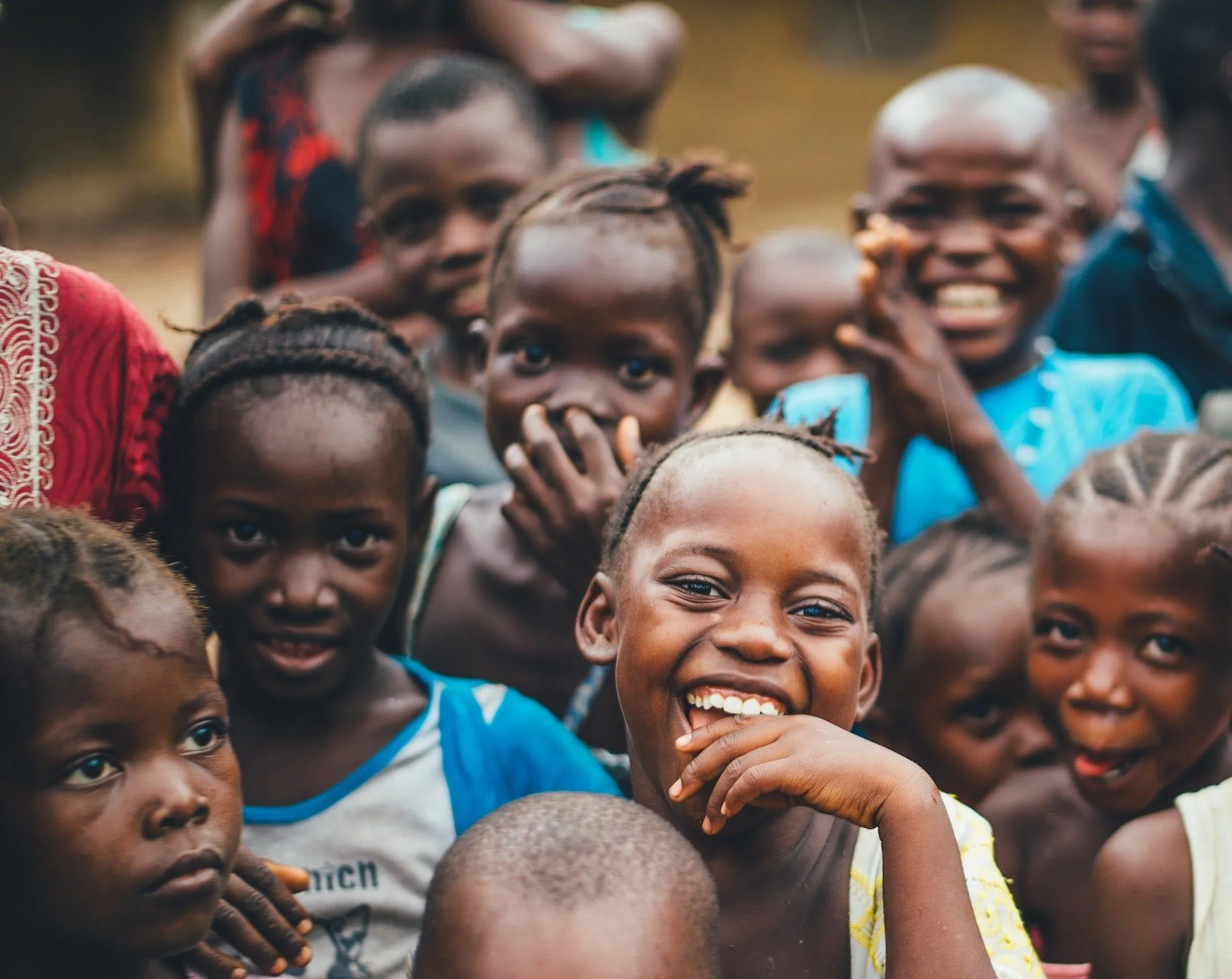Has it gotten hotter lately? If you’re looking for proof of climate change, then might we suggest that you step outside? Global temperatures continue to rise, to extreme levels. If we don’t act now, we’re risking serious and irreversible damage to our planet, as well as our health. In fact, a recent study has delved into the sweltering effects of climate change. The study examined how rising heat levels could be jeopardising the lives of children on the African continent.
Climate Change and the Health of African Children
Africa hosts some of the hottest countries in the world, but it also hosts some of the poorest. This unfortunate combination means that not only will these countries bear the heat-related brunt of climate change, but they might not be adequately equipped to deal with these changes, especially among the younger population.
Newborn babies are unable to thermoregulate themselves, making them extremely vulnerable to high temperatures. On the other hand, older babies and toddlers can better control their body temperature. However, they do have a hard time communicating their discomfort, relying on caregivers to notice and relieve them of it.
Data on how excessive heat may affect the continent’s most vulnerable demographic is limited. As such, researchers recently set out to evaluate the impact of climate change on child heat-related deaths in any region of the world. According to the researchers, if we manage to meet the Paris Agreement’s 1.5ºC target through to 2050, then we will help to prevent thousands of heat-related child deaths. However, if we fail, then we risk doubling the number of heat-related child deaths in sub-Saharan Africa by mid-century.
How does excess heat affect African children?
For a study published in Environmental Research Letters, researchers led by the University of Leeds’s collaboration with the London School of Hygiene & Tropical Medicine (LSHTM), estimated the impact of climate change on annual heat-related deaths of children under five years old in sub-Saharan Africa.The researchers referred to under-five population data from WorldPop and the Center for International Earth Science Information Network, and national data on death rates of children under five from UNICEF for the years 1995-2020.

In regards to present day statistics, the study found that of the annual 11, 000 heat-related child deaths occurred per year between 1995 and 2004.
According to the study, 5,000 of these deaths were linked to the negative impacts of climate change. Then, between 2011 and 2020, the heat-related deaths ballooned from 8,000 to 19,000 per year.
Does the future hold more heat and death?
In examining the future impact of climate change on heat-related mortality, the researchers set out three potential carbon emission scenarios – low, medium, and high.
- Low carbon emissions: This scenario is something we should hope for should we align with the Paris target of limiting global warming to 1.5ºC. If that becomes the case, then we could prevent approximately 4,000 — 6,000 heat-related child deaths in Africa a year.
- Medium carbon emissions: This scenario is when we make a good effort to cut carbon emissions. Doing so will prevent 2,000 to 3000 deaths a year.
- High carbon emissions: This is the worst possible scenario. It would require us to make zero effort to cut carbon emissions. If that happens, then we risk heat-related child mortality deaths in Africa doubling by 2049, with an estimated 38,000 child deaths per year occurring. As mentioned, the hottest countries are often the poorest. As a result, children in these settings already have to deal with issues like infection, malnutrition, and poor healthcare systems. Coupled with excessive heat, these factors pose a serious threat to their lives.
Food security and malnutrition
Rising temperatures can present a number of risks to the health of African children, one of which is malnutrition.
A separate study published in the Journal of Environmental Economics and Management found that a 2 °C rise in temperature will increase the prevalence of stunting (impaired growth and development due to malnutrition)by 7.4 percentage points, reducing the progress made to reduce childhood malnutrition in West Africa.
Unfortunately, the study was unable to better explain how extreme heat affected the food supply in West Africa. As such, the researchers emphasize the need for more research and development across the African continent in creating new crop varieties that consider the local impacts of climate change.
We need to act NOW
“Our research shows that climate change is already negatively affecting the health of children in Africa. A similar situation is likely to be occurring in other developing nations in the tropics and sub-tropics. Currently, no country is on track to reduce emissions enough to comply with the Paris Agreement and keep global warming to 1.5°C.
Without urgent action, upper limits of human survivability – such as a wet bulb temperature of 35°C – may be regularly reached in the tropics by 2100, with devastating consequences for people in Africa and elsewhere.” , writes John Marsham, study co-author and professor of atmospheric science at Leeds University.
What should we do?
Without taking action to curb rising global temperatures, thousands of African children are set to lose their lives.
We need to do our part and call on policymakers, corporations, and organizations to do their part in addressing climate change. They need to formulate strategies that will help manage and mitigate the impact of climate change on the most vulnerable.






![women [longevity live]](https://longevitylive.com/wp-content/uploads/2020/01/photo-of-women-walking-down-the-street-1116984-100x100.jpg)










